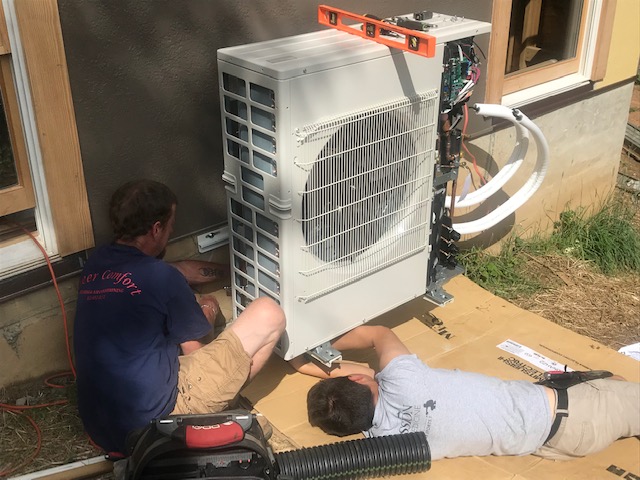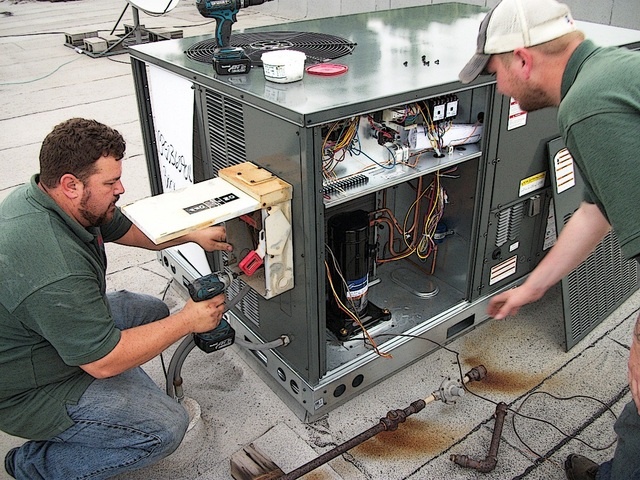
Facts About Air Conditioning Usage
In the scorching heat of summer, air conditioning becomes not just a luxury but a necessity for many. However, misconceptions about its energy consumption often cloud our understanding of how to use it efficiently. Let’s dive into the realm of energy-saving myths and facts surrounding air conditioning usage to help you stay cool while keeping your energy bills in check.
Debunking Common Myths
Myth 1: Lowering the Thermostat Temperature Cools the Room Faster
Many believe that setting the thermostat to a colder temperature will cool the room quicker. However, air conditioners operate at a constant rate, regardless of the temperature setting. Lowering the thermostat excessively can lead to energy wastage without providing any additional cooling benefit.
Myth 2: Leaving the AC on All Day Uses Less Energy Than Turning It On and Off
Some individuals prefer to leave their air conditioners running throughout the day, assuming that it consumes less energy than cycling it on and off. In reality, this practice can result in unnecessary energy consumption, especially when cooling an empty space. Opting for a programmable thermostat to adjust the temperature according to your schedule can help conserve energy effectively.
Myth 3: Closing Vents in Unused Rooms Saves Energy
Closing vents in unused rooms seems like a logical approach to channel air where it’s needed most. However, modern HVAC systems are designed to maintain a balanced airflow throughout the house. Closing vents can disrupt this balance, leading to pressure imbalances and potentially increasing energy usage.
Understanding Energy-Saving Facts
Fact 1: Regular Maintenance Improves Efficiency
One of the most effective ways to ensure your air conditioner operates efficiently is through regular maintenance. Simple tasks like cleaning or replacing air filters, clearing debris around the outdoor unit, and scheduling professional inspections can significantly enhance its performance, reducing energy consumption in the process. If you enjoyed this article about choosing heating and cooling service then visit their page for more interesting articles.
Fact 2: Proper Insulation Enhances Cooling Efficiency
Good insulation plays a crucial role in retaining cool air indoors, allowing your air conditioner to operate more efficiently. Insulating windows, doors, and attics can minimize heat transfer, thus reducing the workload on your cooling system and saving energy.
Fact 3: Utilizing Fans Can Supplement Cooling
Strategic use of fans can complement your air conditioning system, promoting better airflow and distributing cool air more effectively throughout the space. Ceiling fans, in particular, can create a wind-chill effect, allowing you to raise the thermostat temperature without sacrificing comfort, ultimately leading to energy savings.

Implementing Energy-Saving Practices
Now that we’ve dispelled some common myths and shed light on important facts, let’s explore practical steps to maximize energy efficiency while using air conditioning:
- Set a Reasonable Temperature: Instead of setting the thermostat to the lowest possible temperature, opt for a comfortable yet energy-efficient setting, such as 78°F (25°C) when at home and slightly higher when away.
- Utilize Programmable Thermostats: Take advantage of programmable or smart thermostats to create cooling schedules tailored to your daily routine, optimizing energy usage without compromising comfort.
- Maintain Proper Ventilation: Ensure that vents and registers remain unobstructed to allow for optimal airflow throughout your home, preventing unnecessary strain on your HVAC system.
- Seal Air Leaks: Seal any gaps or cracks around windows, doors, and ductwork to prevent cool air from escaping and warm air from infiltrating your living space, helping your air conditioner work more efficiently.
- Invest in Energy-Efficient Equipment: When purchasing or upgrading your air conditioning system, look for models with high Energy Star ratings, which indicate superior energy efficiency and performance.
By incorporating these practices into your air conditioning routine, you can enjoy a comfortable indoor environment while reducing your energy consumption and utility costs.
Conclusion
As the summer heat intensifies, separating energy-saving myths from facts is essential for optimizing air conditioning usage. By debunking misconceptions and embracing efficient practices, you can stay cool, comfortable, and eco-friendly throughout the hottest months of the year.
Remember, informed choices about air conditioning usage not only benefit your wallet but also contribute to a more sustainable future.
